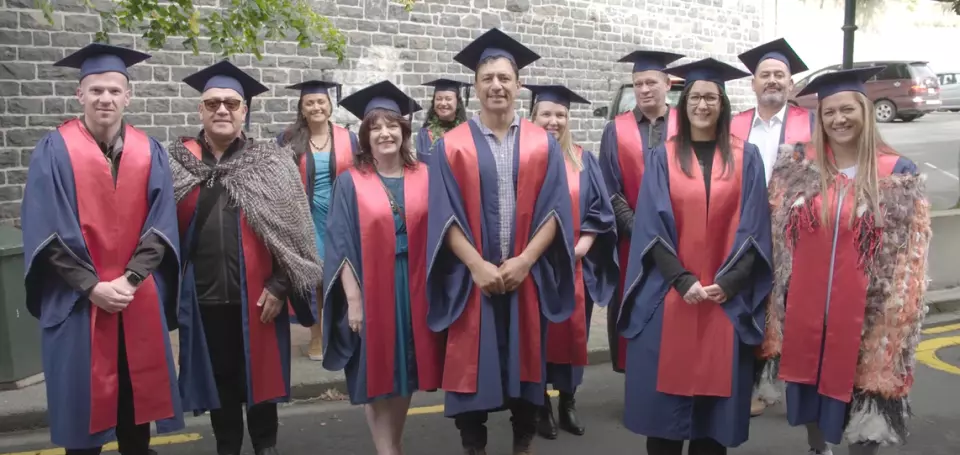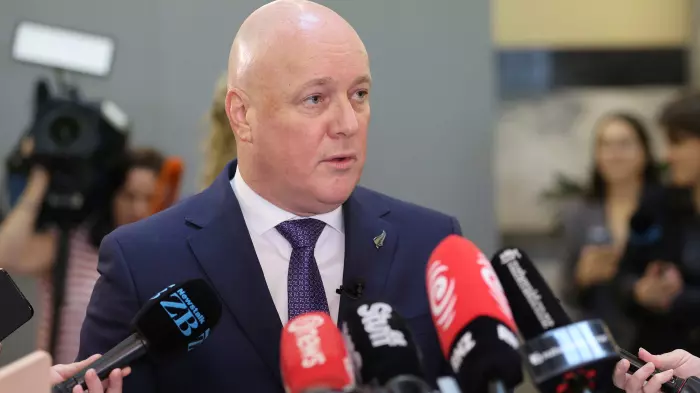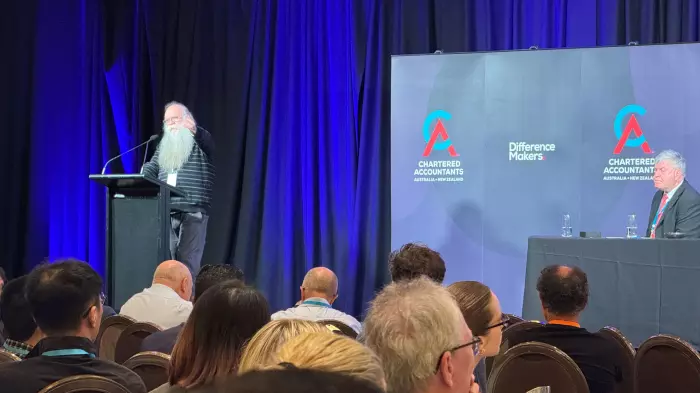‘The Downer difference’ in action: building communities, creating lasting change.
It might be best known for constructing infrastructure and roads, but the Downer Group is also in the business of building stronger Kiwi communities, supporting Māori and Pasifika and running charitable and philanthropic initiatives aligned with their purpose of enabling communities to thrive.
“We are more than just road cones and road works,” says Downer’s New Zealand Country Lead, Craig West. “We support local businesses and communities because we are conscious that our employees who are critical to our success live, work and play in those communities.”
“We believe that every day we have a role to play in the success of those people and their communities.”
West says this attitude goes back to Downer’s beginnings when engineer Arnold Downer formed the company with a syndicate of three others in Wellington in July, 1933.
Although born in Victoria, Australia, Downer grew up in New Zealand spending much of his school years in Whanganui. After leaving school he worked for the New Zealand Public Works Department before securing a job as project manager to build a tunnel through Wellington’s Mt Victoria.
“He was always seen as a talented engineer who was often brought in by the governments of the day to advise on infrastructure issues,” says West.
Today, West believes the founder would not only be proud of the company’s growth as the leading provider of infrastructure services in both New Zealand and Australia, but also of its legacy of charitable and community-based initiatives.
“Yes, we build roads, re-build after weather events and maintain many services, including those that ensure the water Kiwis drink is in the tap, the country’s lights are on, and mobile phone networks are operating,” West says. “This is a huge role to play in keeping New Zealand going.”
“But equally our community-based work is important and Arnold Downer would, I think, be exceptionally proud of this legacy.”
Among these initiatives is Downer’s support for the New Zealand Masters Games in Whanganui, for which it has been the principal sponsor for eight years. West says the games bring in over $3.2 million to the local economy every year.
“That is a good enough reason for us to be involved, but we do it too because of the Whanganui connection to Arnold Downer and for what sport does for people’s wellbeing. The games attract a wide range of people, from those who are competing for fun with their friends to ex-Olympians who are still competitive.”
Downer also works with Ripple, an enterprise providing essential clothing to Kiwi kids. The partnership began with an introduction from Downer’s PPE (personal protective equipment) recycler, ImpactTEX NZ, which turns recycled clothing into various products.
“This is linked to our sustainability strategy of repurposing our materials and an opportunity for our employees to be involved and donate unwanted children’s clothing,” says West.
Other community initiatives include:
- Support for Amotai NZ, an organisation that connects buyers to Māori and Pasifika-owned businesses. In the last financial year, Downer spent $75 million with businesses such as these.
- Every year, Downer contributes $120,000 to charities and community organisations nominated by employees through the Downer Donate programme. Groups that have received donations include Caring Families Aotearoa, St John Ambulance and Motor Neurone Disease NZ.
- In the months of November, December and January the Downer Donate programme money is pooled and given away through the 12 Days of Christmas campaign. Last December $30,000 was given to 14 different charities.
- The company supports local businesses and communities through its supply chain and with employment opportunities through a partnership with the Ministry of Social Development (MSD) and the Department of Corrections. West says 85% of those who have come through these Social Impact programmes remain off benefit.
- Downer offers leadership development and upskilling programmes for its Māori employees, supported by Te Puni Kōkiri. The 'Te Whanake Timatanga' programme provides Māori employees with opportunities to advance their careers, offering support to achieve NZQA-recognised qualifications (Level 4 and above), combined with on-the-job training and learning through a Te Ao Māori lens.
- An extension of this programme is a partnership with Otago Polytechnic’s Capable NZ. It provides a collaborative, indigenous model of education, bringing together iwi, industry, educational institutions, community organisations, and government agencies. Study and learning take place in a kaupapa Māori environment with Māori facilitators and assessors. Last year, ten (five women, five men) in roles ranging from contract managers, engineers, and quantity surveyors graduated with their Bachelor of Applied Management, and a further nine graduated this month.
- Since 2011, over 700 Downer employees have come through the MSD-funded programmes and nearly 1000 through Te Puni Kōkiri funded programmes.
West says communities are at the heart of what Downer does. “Our purpose to enable communities to thrive starts with our own people.”
“On average, 23% of our employees are Māori and 10% Pasifika (the company employs 8000 in New Zealand and 26,000 in New Zealand and Australia combined) so we recognise the need to create an environment in which these people can thrive.”
West also chairs Downer’s Māori Governance board, Te Korowai, and serves as the executive sponsor for their employee-led network, Standout, which supports their LGBTTQI+ community. He believes it’s important companies don’t treat diversity, equity and inclusion (DEI) as just a tick-box exercise.
Downer teams deliver and maintain critical infrastructure, including roads, rail, ports, airports, power, gas, water, telecommunications, and energy networks, as well as health, education, and defence facilities. These services support population growth and local industry revitalisation. As one of New Zealand’s largest private sector employers, it has over 8000 employees, who are said to be united by a high-performance culture known as ‘The Downer Difference’.
For more information: downergroup.co.nz/sustainable-communities






